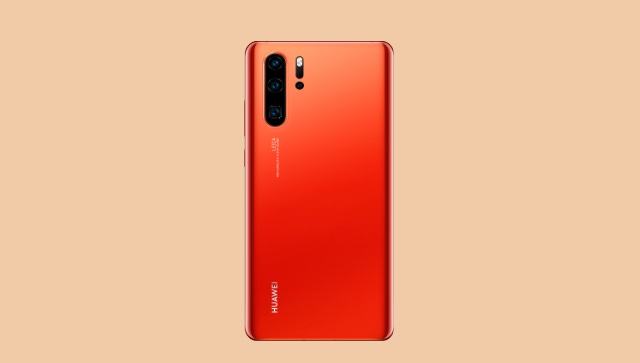White House pressure reportedly forces Huawei into flagship smartphone delay
Rumours have emerged to suggest Huawei has asked suppliers to halt production of components as it assesses the damage inflicted by political tension.
June 18, 2020

Rumours have emerged to suggest Huawei has asked suppliers to halt production of components as it assesses the damage inflicted by political tension.
Should the reports turn out to be true, this would be a win for the US Government. It has struggled to inhibit the progress of the Chinese vendor over the last two years, though it seems tackling Huawei’s semiconductor supply chain is proving at least partially successful.
“We now see the postponement of the mass production of Mate series will be for at least one to two months,” one unnamed source told Nikkei Asian Review.
“One of the reasons to pause is that Huawei is reviewing the inventory level of its HiSilicon mobile chips and is busy verifying other mobile platforms by MediaTek and Qualcomm,” another supplier said. “But verifying other mobile platforms could lead to redesigns of the mechanical parts of the smartphones, which will take time.”
Thanks to Executive Orders signed by President Donald Trump and other sanctions placed on the firm by US authorities, Huawei has found itself in somewhat of a tricky position. Taiwan Semiconductor Manufacturing Company (TSMC), a key component of the Huawei ecosystem, has stopped taking orders from the company and thanks to not being able to US technology, Huawei-owned HiSilicon is struggling to complete orders.
By strangling key areas of Huawei’s operations, the US has seemingly been successful in bringing the telecoms juggernaut to a standstill. Suppliers have been asked to halt production of components for the Huawei Mate 40, the company’s latest flagship device slated to be released in the second half of this year.
Some suppliers have suggested Huawei has asked to scale back orders by as much as 20%.
It would appear the timing of this intervention is perfect or disastrous, depending on which camp you sit in.
While many 5G networks have been launched around the world, purchasing refreshment cycles have not yet kicked off. Some might suggest the launch of Apple’s 5G device would act as a catalyst for the next era of connectivity, raising mass market interest in 5G smartphones. Any manufacturer will want to strike while the iron is not, and delays could mean losing market share to rivals.
Global smartphone market share – Counterpoint Research |
|
Huawei |
Samsung |
Apple |
Xiaomi |
Huawei has not had a significant dip in smartphone market share in recent months, but it is worth noting that it has increased its share in the Chinese market considerably. In Western Europe, shipments have been decreasing. The launch of a new flagship device could have been the catalyst to reverse this trend.
With Xiaomi making headway in international markets and OPPO proving to be a successful brand in Europe, there is a lot to lose. Samsung, one of the biggest victims of Huawei’s smartphone success in recent years, could also be well positioned to recapture market share.
For a smartphone launch to be successful, a lot needs to go right at the right time. Unfortunately, it does appear the smooth-running Huawei machine is becoming clogging with the mud which is being slung across the Atlantic.
About the Author(s)
You May Also Like








.png?width=300&auto=webp&quality=80&disable=upscale)


_1.jpg?width=300&auto=webp&quality=80&disable=upscale)


.png?width=800&auto=webp&quality=80&disable=upscale)